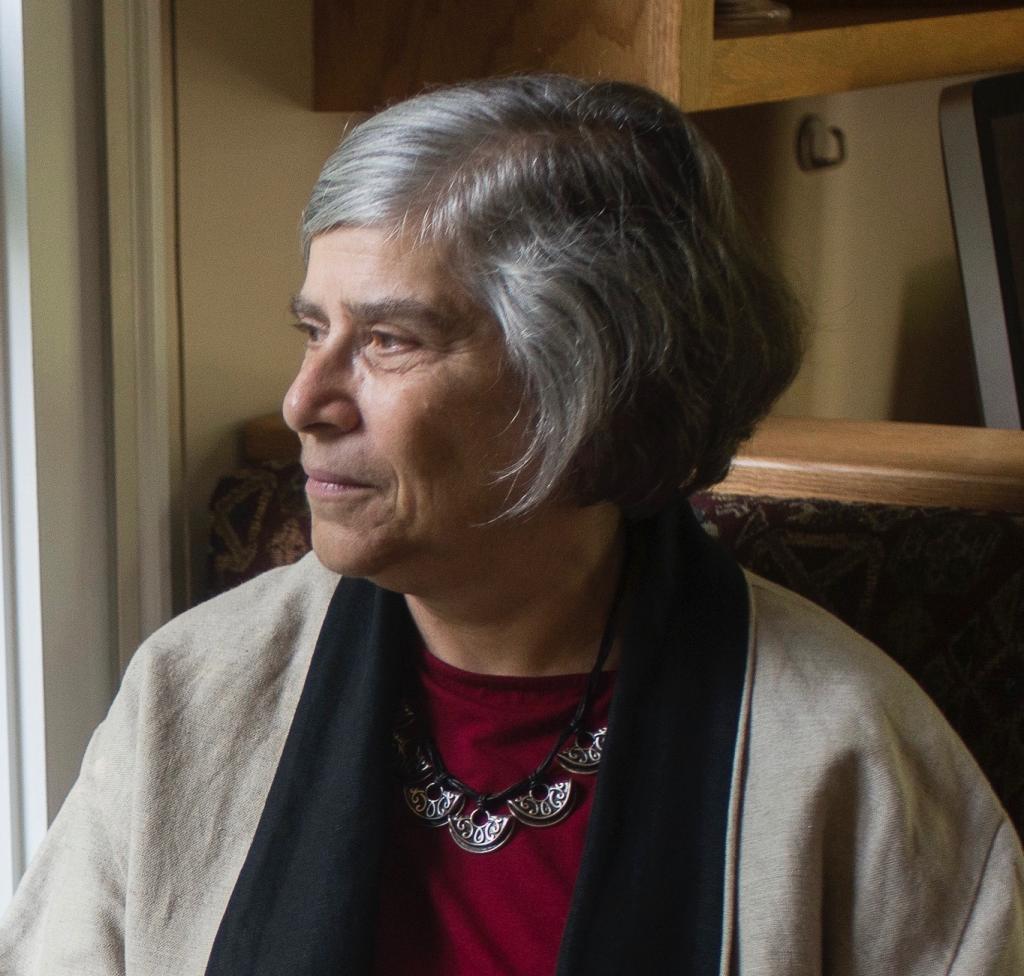It's Too Complicated: How the Internet Upends Katz, Smith, and Electronic Surveillance Law
In the midst of these tumultuous times, it's hard to imagine we might get back to normal, rational contemplations of law and policy.
Published by The Lawfare Institute
in Cooperation With

In the midst of these tumultuous times, it's hard to imagine we might get back to normal, rational contemplations of law and policy. For those who crave a brief respite from the bedlam—and also to toot my own horn and those of my coauthors Steve Bellovin, Matt Blaze, and Stephanie Pell—I offer "It's Too Complicated: How the Internet Upends Katz, Smith and Electronic Surveillance Law." Many have observed that IP communications fundamentally change the privacy equation and have argued for new laws on wiretapping. We look at content/non-content and third-party distinctions of US wiretap law, and provide numerous examples of where these distinctions have become seriously problematic from a technical viewpoint. The paper appears as the featured article in the current issue of Harvard Journal of Law and Technology.
As our abstract says:
For more than forty years, electronic surveillance law in the United States has drawn a strong distinction between the protections afforded to communications "content"and those afforded to the "noncontent"—also known as "metadata"—associated with it. The legal framework for surveillance law was developed largely in the context of the mid-twentieth century telephone system, which itself treated content and metadata as cleanly distinct technical concepts. In an era of relative stability in telephone services and technologies, the constitutional and statutory legal principles, once established, were usually straightforward to apply to individual cases, even as the technology incrementally improved. The Internet, a great disrupter in so many ways, challenges bedrock assumptions on which several principles of modern surveillance law rest...
If you want to think about the changes that need to come to wiretap law, grab a large mug of coffee and read our paper.
More Articles
-

The Week That Was
Your weekly summary of everything on the site. -

U.S. Intelligence Agencies Have Not Aged Well
A review of Jeffrey P. Rogg, “The Spy and the State: The History of American Intelligence” (Oxford University Press, 2025). -

Lawfare Daily: The Year that Was
Lawfare contributors reflect on 2025.





